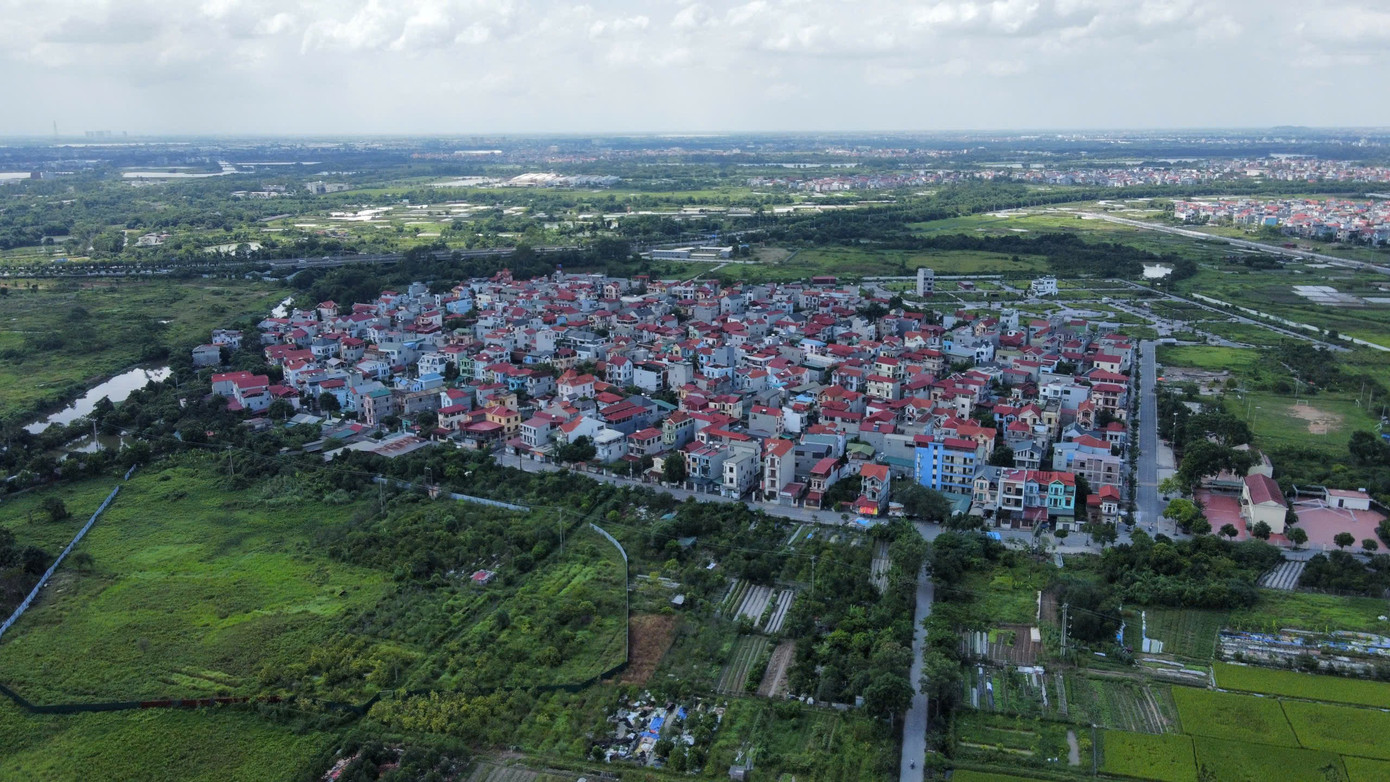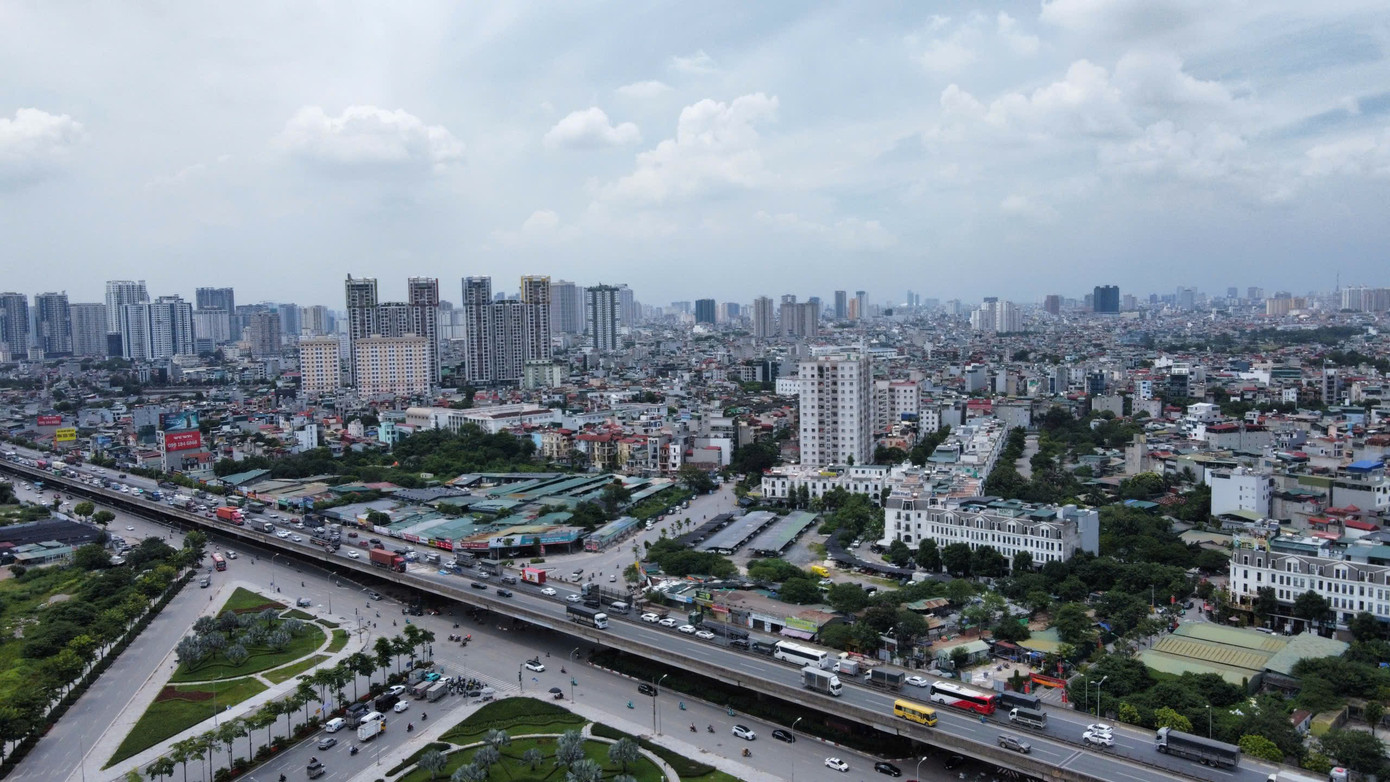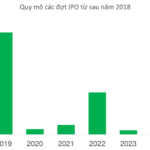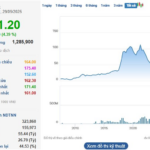Addressing Land Valuation Challenges in Vietnam
In a draft resolution submitted to the National Assembly, the Ministry of Agriculture and Environment highlights persistent issues in land valuation. The ministry emphasizes the need for the state, as the representative landowner, to exert greater control over land pricing decisions.
Currently, land valuation by the state during land allocation, leasing, or purpose conversion relies heavily on market prices and consultant appraisals. However, this process faces challenges due to incomplete data, diverse influencing factors, appraiser expertise and ethics, investment plans, and market volatility.
These complexities often result in inconsistent valuations, failing to accurately reflect market realities. This inconsistency undermines the state’s role in regulating land prices and market fluctuations, impacting investment project timelines and costs, ultimately affecting investor interests.

Land valuation challenges persist, impacting market stability.
The surplus method, used for project land valuation, is particularly problematic due to the volatile nature of land use rights markets. Historical data-based predictions often fail to capture future land value increases accurately.
Critics argue that the 2024 Land Law’s specific land pricing provisions for investment projects may prioritize state revenue over investor interests, prolonging processes and increasing costs, thus reducing local competitiveness.
Additionally, the fear of accountability among officials involved in land valuation leads to delays, further hindering project implementation. Addressing these issues is crucial for ensuring feasibility and efficiency.
Proposed Enhancements to Land Pricing Data
The ministry proposes a market-based land valuation method, emphasizing transparency, objectivity, and independence in the process. This includes separating advisory bodies, review boards, and decision-makers to balance state, user, and investor interests.

Proposed data includes 24 months of historical pricing information.
The draft introduces a 24-month data collection period for land pricing inputs, ensuring clarity and uniformity in valuation practices. The government will outline detailed valuation methodologies.
Land price tables, updated every five years by provincial authorities, will determine land use fees, taxes, and compensation. These tables will categorize land by type, area, and location, with flexibility for local adjustments.
Adjustment factors, reflecting price variations, will be annually determined by provincial governments, allowing for mid-year revisions as needed. This approach aims to streamline land management and pricing.
If approved, the resolution will take effect on January 1, 2026, marking a significant step toward modernizing Vietnam’s land valuation system.
The IPO Season Arrives: Largest Capital Raise Since 2018
After years of stagnation, Vietnam’s primary market is entering its most vibrant IPO season since 2018, with a wave of major corporations simultaneously launching plans to raise billions of dollars in capital.
Billions Wiped Out as Bitcoin Plunges in Today’s Crypto Market (September 28th)
Last week, Bitcoin closed at $109,600, marking a decline of over 5% and making it the third-worst performing week of the year so far.




















